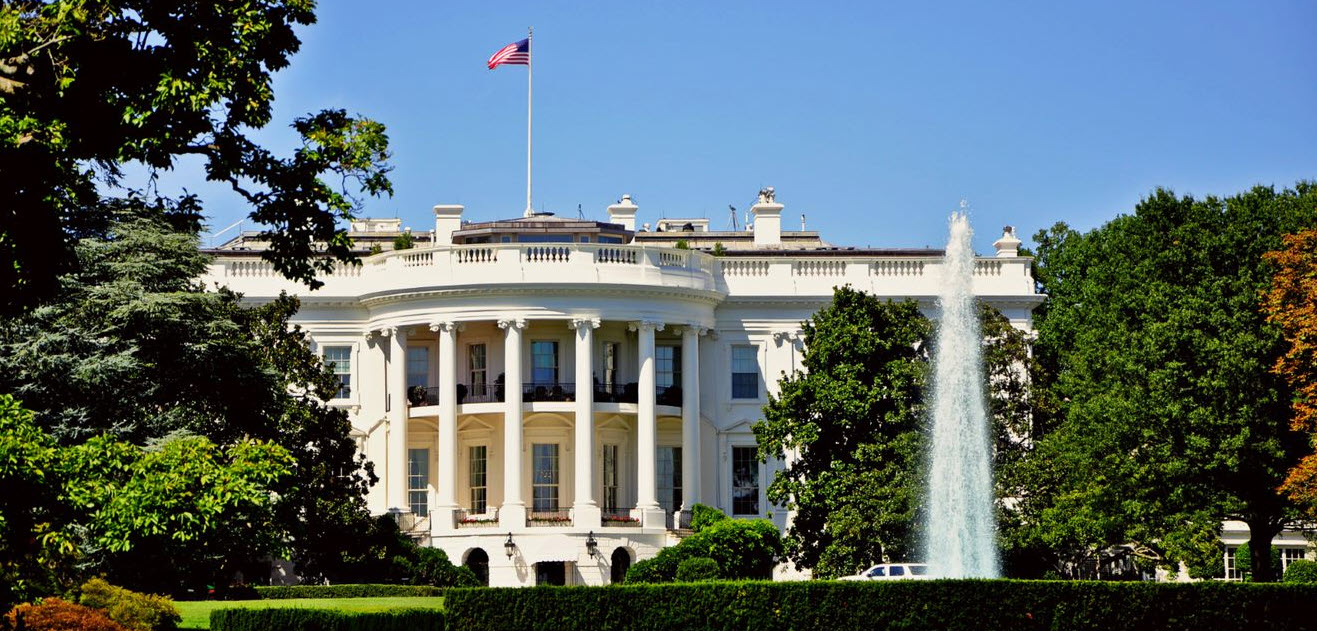On April 18, 2023, Matthew S. Axelrod, the Assistant Secretary for Export Enforcement, US Department of Commerce’s Bureau of Industry and Security (“BIS”), issued a memorandum titled “Clarifying Our Policy Regarding Voluntary Self-Disclosures and Disclosures Concerning Others” (the “VSD Policy Memorandum”) to clarify and announce BIS’ policies concerning voluntary self-disclosures (“VSDs”) of Export Administration Regulations (“EAR”) violations and disclosures of possible EAR violations committed by third parties. The VSD Policy Memorandum builds on Assistant Secretary Axelrod’s continued iteration of BIS enforcement policies and specifically, the various Enforcement Policy Memos issued last year (see our blog post about the Antiboycott Policy Memo here and the Administrative Enforcement Memo here).
In the VSD Policy Memorandum, BIS observed that there has not been a material change in the number of VSDs submitted since the Administrative Enforcement Memo was published last year. In contrast to the VSD Policy Memorandum, last year’s policy changes were not explicitly designed to influence the calculus of whether or not to file a VSD.
The VSD Policy Memorandum highlights that, in addition to having proper compliance systems in place to identify and prevent EAR violations, a robust export compliance program should include processes for two types of disclosures to the Office of Export Enforcement (“OEE”): (i) VSDs of possible EAR violation committed by the disclosing party, and (ii) disclosures of possible EAR violations committed by third parties. This perspective on the connection between VSDs and a company’s export compliance program is based on factors that BIS considers when reviewing an enforcement case that are described in the Guidance on Charging and Penalty Determinations in Settlement of Administrative Enforcement Cases (“BIS Settlement Guidelines“), found in Supplement to No. 1 to EAR Part 766. (This is in contrast to the Export Compliance Guidelines issued by BIS in 2017 that donot make such a connection; see our blog post about those guidelines here.)
Voluntary Self-Disclosures
This policy announcement is specifically aimed at incentivizing the submission of VSDs related to “significant” possible violations of the EAR. The VSD Policy Memorandum states it is meant to address violations that implicate “potential national security harm,” as opposed to those that involve “minor or technical infractions.”
Under the existing BIS Settlement Guidelines, a timely VSD submission substantially reduces the applicable civil penalty and, in some non-egregious cases, may entitle the disclosing party to full suspension of penalties. In the past, BIS has consistently treated the submission of a VSD as a mitigating factor. The VSD Policy Memorandum clarifies that, effectively immediately, failure to file a VSD after uncovering significant possible EAR violations will be viewed as an aggravating factor if OEE later learns about such violations. As stated in the VSD Policy Memorandum, “[w]hen someone chooses to file a VSD, they get concrete benefits; when someone affirmatively chooses not to file a VSD, however, […] they risk incurring concrete costs.”
The VSD Policy Memorandum encourages careful consideration of any decision not to disclose significant possible EAR violations. It states and reiterates that when VSDs are made, the disclosing parties “benefit greatly by getting a sharply reduced penalty – but if they make a deliberate decision not to disclose a significant possible violation, they risk a sharply increased one.”
Disclosures about Conduct of Others
Recognizing that enforcement of the EAR is a shared endeavor between the government and private sector, the VSD Policy Memorandum urges individuals and entities to report potential violations committed by others by reaching out directly to BIS or using its confidential reporting form. In such cases, BIS will “aggressively investigate and, as appropriate, take action.”
The VSD Policy Memorandum explains that there are concrete benefits to the disclosing party, as one of the mitigating factors taken into account by BIS when assessing penalties in enforcement actions is “exceptional cooperation with OEE.” OEE considers several subfactors when assessing this, including whether a party has “previously made substantial voluntary efforts to provide information (such as providing tips that led to enforcement actions against other parties) . . . .” This means that if a future enforcement action is brought against the disclosing party, even if the action is for an unrelated conduct, the disclosing party’s prior cooperation will be viewed as a mitigating factor.
In addition, the VSD Policy Memorandum notes that monetary rewards may be available when a disclosure to the Financial Crimes Enforcement Network (“FinCEN“) or Department of Justice includes not only potential export control violations but also potential sanctions violations. See here for our prior blog post on the Consolidated Appropriations Act which expanded the FinCEN whistleblower program to include sanctions violations. While these whistleblower programs are focused on sanctions violations, the VSD Policy Memorandum points out that FinCEN can pay awards where original information leads to successful enforcement of “related actions” (e.g., export control violations, given that many cases involve both sanctions and export control violations).



